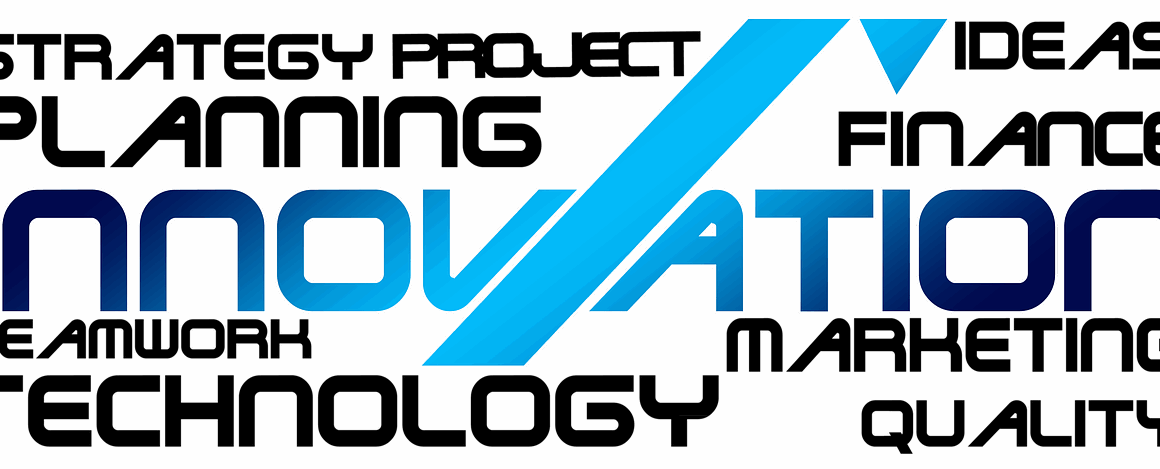The Role of Fintech in Enhancing Buyer Financing Programs
Fintech has significantly transformed traditional financing approaches for buyers. By harnessing technology, fintech companies create innovative solutions that simplify access to funds. This evolution allows buyers to engage more effectively with suppliers while ensuring the smooth flow of goods and services. Buyer financing programs are essential for maintaining robust supply chains. They help companies manage their working capital efficiently. Financial technology firms leverage data analytics to assess buyer creditworthiness swiftly. This provides a streamlined application process, reducing the waiting time for approvals. Key players in the fintech space are developing platforms that integrate seamlessly with enterprise resource planning systems. This integration improves transparency and communication between buyers and sellers. Additionally, fintech solutions facilitate real-time transaction monitoring. Such capabilities ensure compliance with regulations and provide security against fraud. As businesses continue to digitize their operations, the need for agile financing options becomes apparent. Buyers can now receive tailored financing solutions that align with their unique needs. These advancements represent just the beginning of how fintech can reshape buyer financing, introducing more flexibility and resilience to their financial ecosystems.
With the rise of fintech in buyer financing programs, many operational benefits have emerged. The adoption of technology means greater efficiency in processing transactions and greater transparency in dealing with suppliers. Manual paperwork is rapidly diminishing, replaced by automated systems that minimize human error. Such improvements not only expedite financing processes but also encourage suppliers to engage in more favorable terms. Enhanced liquidity empowers buyers to invest in further growth opportunities, expanding their operations effectively. Supply chain financing is becoming a critical aspect of strategic planning for businesses aiming for success. Additionally, lowering finance costs through competitive rates alters the financial landscape for small and medium enterprises. Fintech solutions allow buyers to leverage their purchasing power, gaining an edge over competitors. Companies that properly implement buyer financing programs enjoy improved relationships with suppliers. Trust factors into these relationships, establishing a cooperative and collaborative operational environment. As fintech continues to evolve, it stands to reason that future advancements will lead to even more robust buyer financing models. The ongoing evolution of buyer financing is essential, paving the way for accelerated recovery following disruptions.
Technology Integration and Data Analytics
One of the critical ways fintech enhances buyer financing programs is through technology integration and data analytics. By utilizing advanced analytics, companies can interpret their purchasing behaviors more effectively. This insight allows for customized financing options that are tailored to specific needs and financial health. Companies can monitor their expenditures, better manage cash flow, and identify patterns that could lead to savings. Furthermore, fintech platforms utilize machine learning algorithms to predict future buying behaviors and payment trends. This predictive capability is invaluable for establishing financing terms that are mutually beneficial. By analyzing historical data, companies can tailor payment plans suited to their business cycles, improving liquidity management. Automation of these processes minimizes manual interventions, thus reducing the chances of inaccuracies or delayed transactions. Furthermore, seamless integration between various supply chain software and fintech solutions strengthens procurement strategies. Real-time tracking becomes possible, ensuring that both suppliers and buyers are aligned on financial commitments. Overall, leveraging technology is no longer optional but crucial for competitive advantage. The improvements brought by fintech position businesses for sustained growth amidst an evolving financial landscape.
Collaboration between fintech firms and traditional banks is also pivotal in enhancing buyer financing programs. Traditionally, banks had stringent requirements for financing applicants, often discouraging many businesses from seeking loans. However, fintechs adopt more flexible assessment criteria, embracing innovative approaches that ensure borrowers of all sizes can receive funding. The collaboration enables banks to utilize fintech platforms for enhanced risk evaluation and fraud detection. Access to richer data sets empowers banks to make more informed lending decisions. Consequently, we see a rise in partnerships that strive to deliver comprehensive financial solutions for businesses. Such partnerships facilitate the development of innovative buyer financing programs that are both effective and user-friendly. In an era where speed and agility are paramount, these collaborations help businesses navigate challenges. As companies increasingly demand value-added services, integrating fintech solutions through banks creates a win-win situation. Furthermore, the enhanced customer experience matters significantly. Efficient financing solutions often result in higher satisfaction rates among buyers and suppliers alike. Today’s intricate financial ecosystem requires that both fintech and traditional banks work hand in hand.
Enhanced Security Measures in Buyer Financing
Security is a vital concern in financing transactions, especially as businesses engage more with digital platforms. Fintech innovations have introduced enhanced security measures crucial for maintaining trust in buyer financing programs. Data breaches and fraudulent activities can lead to significant losses, prompting fintech firms to adopt robust security protocols. Advanced encryption technologies facilitate secure data exchange while ensuring compliance with regulatory standards. The implementation of blockchain technology is also becoming increasingly mainstream in supply chain financing. This decentralized approach allows for transparent transaction histories, reducing the likelihood of fraud. Buyers can track their financing commitments accurately, leading to increased confidence in engaging suppliers. Furthermore, stringent identity verification processes are now standard practice in fintech platforms. Techniques like biometric authentication and two-factor authentication provide an added layer of security. These precautions protect sensitive financial information while ensuring that only authorized users access financing solutions. As cyber threats continue to evolve, ongoing improvements in security protocols are necessary. Future developments will likely focus on continuous monitoring for suspicious activities across networks, reinforcing buyer financing confidence in the digital age.
Ultimately, financial education is an essential aspect of enhancing buyer financing programs. Many buyers may not be aware of the financing options available to them or the benefits they bring. Fintech firms are making strides in providing educational resources that empower businesses. By offering workshops, webinars, and online courses, these firms demystify complex financial concepts for their clients. A well-informed buyer is better equipped to take advantage of financing solutions. This leads to increased adoption and utilization of financing programs. Moreover, educational initiatives create confident borrowers who are likely to maintain responsible financing practices. Understanding terms, conditions, and implications surrounding financing empowers buyers in negotiations. Enhanced financial literacy among businesses diminishes the risk of default and fosters long-term relationships with suppliers. Thus, education remains a cornerstone of sustainable success within buyer financing frameworks. To further support this initiative, ongoing engagement via newsletters and online content keeps buyers updated on market trends. With fintech leading the charge in financial education, buyers are positioned to thrive in an increasingly interconnected market. Advancing buyer financing will inherently depend on fostering an educated financial community.
Future Trends in Buyer Financing Programs
Looking ahead, future trends in buyer financing programs will likely be shaped by ongoing technological advancements. As businesses continue to digitally transform, buyer financing must evolve alongside these changes. Emerging trends such as artificial intelligence and the Internet of Things are expected to play significant roles. AI can further refine lending models, offering instantaneous credit assessments based on real-time data. Consequently, decision-making processes will become faster and more efficient, reducing the time from application to funding. The Internet of Things can provide new data points for assessing risk, creating smarter financing options tailored to specific operations. Enhanced connectivity between devices will give lenders visibility into inventory levels, production schedules, and cash flow cycles. Additionally, climate change is prompting businesses to adopt sustainable practices. Buyer financing programs will need to accommodate these shifts by offering green financing options that incentivize environmentally responsible practices. Such innovations will help businesses address sustainability while keeping operations financially viable. Ultimately, adaptability will be key as buyer financing programs evolve. Companies that embrace these changes early will drive growth and success in an increasingly globalized economy.
In conclusion, fintech’s role in enhancing buyer financing programs is reshaping the entire financing landscape. By leveraging technology, innovative practices, and education, these programs are becoming more accessible, secure, and efficient. The collaboration between fintech firms and traditional banks unlocks new avenues for businesses to thrive, fostering resilient supply chain networks. As technological advances continue to emerge, buyer financing will likely take on new dimensions that better address the diverse needs of businesses. Harnessing the power of data analytics, enhanced security protocols, and a focus on financial education ensures that buyers make informed decisions. The path toward improved buyer financing practices requires a commitment from all stakeholders, including fintech innovators, banks, and businesses. Keeping an eye on future trends also prepares participants to innovate continuously, ultimately paving the way for sustainable growth. The landscape of supply chain finance is evolving, and buyer financing programs are at the forefront of these changes. Embracing the initiatives brought about by fintech is essential in a world where agility and responsiveness are no longer optional but necessary for survival in the marketplace.


